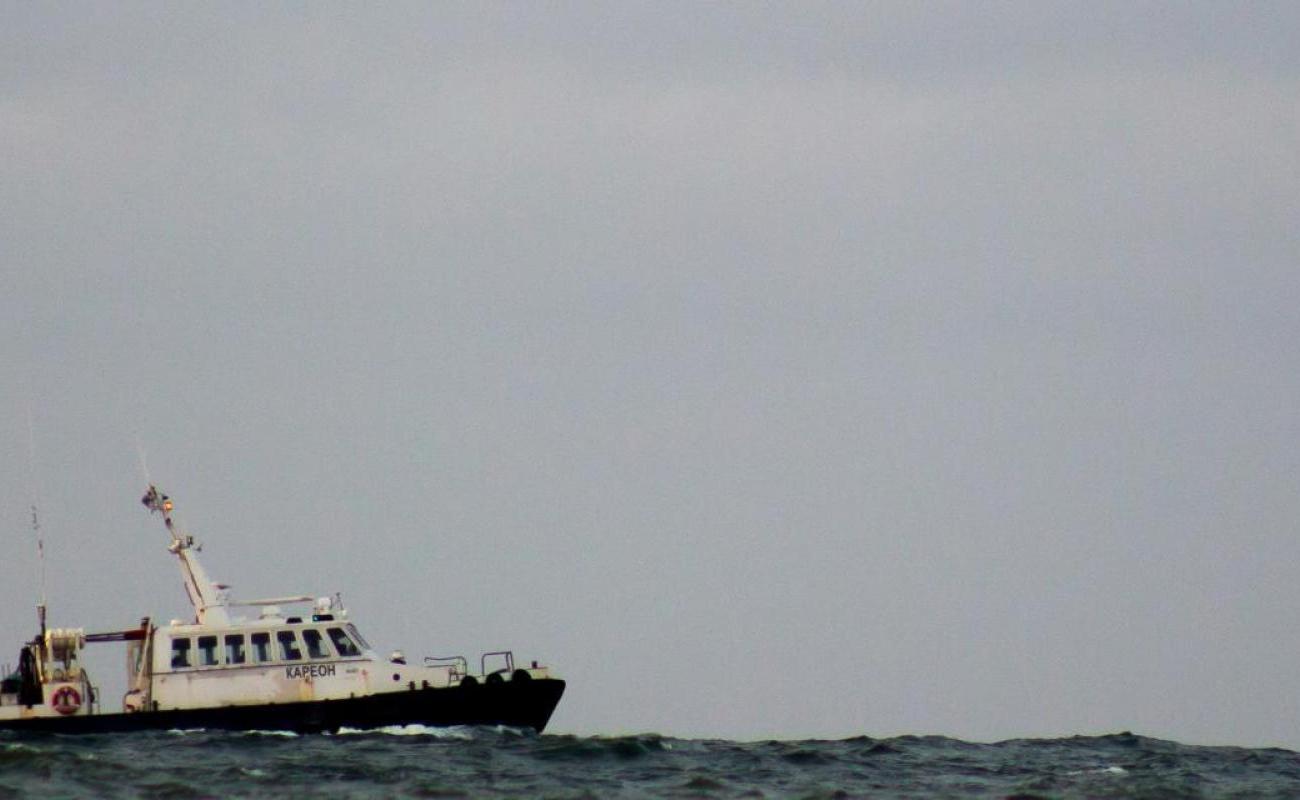Resilience alone is not enough in the hybrid war with Russia

This article by Steven Everts was originally published in Dutch in NRC on 19 February 2025 under the title 'Weerbaarheid alleen is niet genoeg in de hybride oorlog met Rusland'. It is reproduced here in English with the permission of NRC.
The time of hope and illusions is really over now. After a week from hell and the electroshock of Munich, even the most ardent Atlanticist understands: the US of Trump and Vance is a threat, ideologically but also politically. The timing is bad, but the conclusion is certain: Europe stands alone. It should not so much call for "a place at the table" but rather indicate what it is willing to do to continue supporting Ukraine if American support falls away and a "bad deal" is imposed.
Europe must also work on its own response to Russia's increasing hybrid attacks. With all the fuss about Trump, Putin, and Ukraine, it may have gone somewhat unnoticed, but Europe was hit again last week: a brutal sabotage operation, this time against several German navy ships. It was a familiar scenario.
At the end of December, the Finnish coast guard intervened just in time when the Eagle S, a ship belonging to the Russian shadow fleet, was caught cutting the Estlink2 cable. The wider pattern is crystal clear: sabotage, cyberattacks, electoral interference, GPS jamming, weaponising migrants, and spreading misinformation on an industrial scale – the Kremlin is using the entire playbook to weaken and harm the West. Unfortunately, it is succeeding: the costs are low, and the impact is high.
The Swedish prime minister said: "We are not at war, but neither are we at peace." That diagnosis is easy to make; the real question is what we can do about it. What stands out is that the reactions remain timid, reactive, and cautious. At the policy level, discussions mainly focus on better monitoring, strengthening resilience, and enhancing cooperation between the countries involved as well as with the private sector. After yet another cable incident, NATO announced Operation Baltic Sentry: more patrol ships, drones, and aircraft to – as Secretary General Mark Rutte said – "ensure that we are doing everything possible to protect critical infrastructure."
An emergency package
The EU is also working on preparedness. Sauli Niinistö, the former president of Finland, wrote an extensive report last year on the mindset and concrete steps needed to make Europe more resilient. And the Netherlands? In December last year, the cabinet declared that it was working on "increasing resilience against military and hybrid threats." It emphasised that "a resilient society can handle shocks – no matter what comes our way" and that this is an issue for society as a whole, not just for defence. A new website, Denk Vooruit, was even launched with recommendations for citizens on how to better prepare for risks and threats – including assembling an emergency package.
Putin decides where the next attack will happen, while the West limits itself to resilience
All this sounds logical: preparing, collaborating, investing in resilience. And yet, something is missing. Perhaps we are making a mistake by only talking about defence and reaction rather than what we can actively do against those responsible for these hybrid attacks. Of course, there are good reasons to be cautious: we operate within a legal framework where due process and constitutional safeguards are central. And hybrid attacks are designed to blur accountability. Of course, Western security services are at work – including inside Russia.
But it is remarkable how little is said about countermeasures or ways to raise the costs for Russia. As a result, the strategic initiative always remains with Putin: he decides when and where the next attack takes place, while the West focuses solely on the noble goal of becoming more resilient and reacting faster.
Sanctions are, of course, an option, but they are debated for months in Brussels – and therefore, in practice, in public. By the time all 27 EU countries finally agree on which individuals or companies should be targeted, the Russians have already moved their assets and set up new front companies.
This is a real dilemma: how do postmodern democracies, built on laws, openness, and mutual trust, defend themselves against states that exploit those very principles? When do we reconsider using techniques from a previous era – and under what conditions and limitations?
Perhaps the public would like to know that serious efforts are being made to restore deterrence by strategically forcing Putin onto the defensive. Years ago, we read how the Dutch intelligence service AIVD had infiltrated the Russian hacker group Cozy Bear. But usually, we hear very little about what our intelligence agencies do. For organisations that work in the shadows by nature, this is understandable – but greater transparency about efforts to disrupt and weaken the enemy could reassure citizens and reinforce deterrence.
If the Russians disrupt the GPS system over the Baltic Sea, hindering air traffic, shouldn't we be able to do the same over Kaliningrad? If the Kremlin meddles in elections in Georgia, Moldova, and Romania through disinformation campaigns, shouldn't we counteract with our own campaigns – instead of merely lamenting that Russia has followed its "well-known script" once again?
Back to the Eagle S, the ship caught in the act by the Finnish coast guard and confiscated. Spy equipment was found on board. When a spokesman was asked if there had been any contact with Russian authorities regarding the ship’s return, the answer was: "No." When are you going to do that? "We don't intend to."
This Finnish coolness and steeliness is precisely what Europe needs.
